There is controversy in Belgium over a proposal by the Flemish government to close Antwerp ’s M HKA (Museum van Hedendaagse Kunst Antwerpen, Museum of Contemporary Art Antwerp), the country’s oldest museum institution dedicated to contemporary art. The M HKA will in fact lose its museum status by 2028 following a complex and controversial reform.
The decision by the Flemish community, which administers the predominantly Dutch-speaking northern region of Belgium, aims at a “profound reform of the landscape of owned museums and the visual arts sector in Flanders.” This change, outlined in recent days, is motivated by a recent assessment of the regional museum system, with the stated aim of ensuring a “more logical distribution” of public collections and promoting greater cooperation, ambition and internationalization. According to government plans, the current S.M.A.K. (Stedelijk Museum voor Actuele Kunst) in Ghent will assume the role of the new “Flemish Museum of Contemporary Art.” The M HKA’s vast collection of about 8,000 objects will be transferred to Ghent, with transition operations scheduled to begin next year and completion expected by 2028.
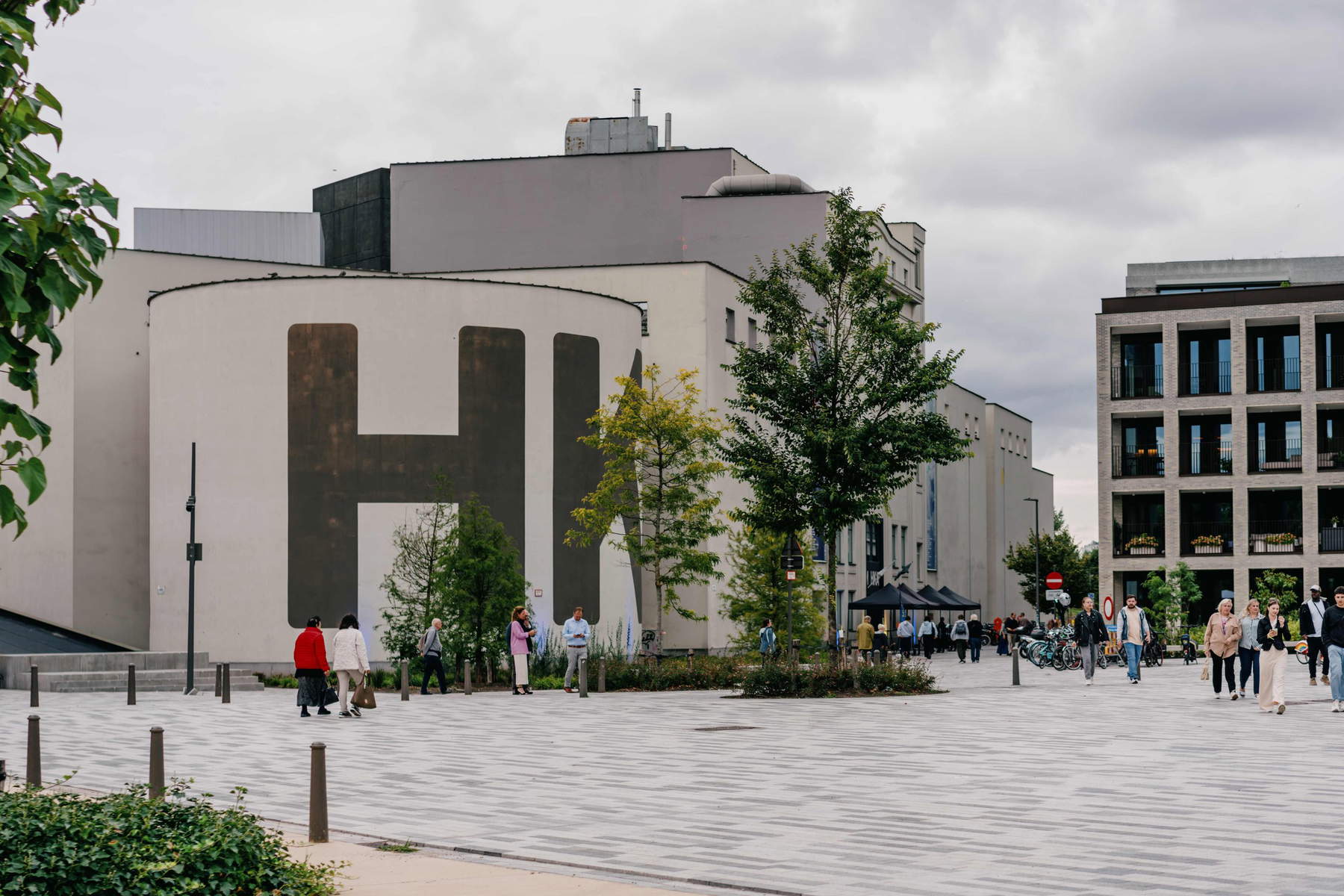
The M HKA is not just an institution, however: founded in 1985, it is recognized as the oldest contemporary art museum in Belgium, predating the S.M.A.K. by more than a decade. It is a leading institution in the field of contemporary visual art and visual culture, deeply anchored in Antwerp’s avant-garde while maintaining a strong international outlook. Its collection covers regional and global contemporary art from the avant-garde of the 1960s to the present, including works by prominent artists. The museum is also distinguished by its focus on Eurasia, understood as a multipolar space with great cultural diversity spanning both Europe and Asia. In addition to its exhibition function, which includes well-attended programs with solo and group exhibitions (such as recent ones dedicated to Nástio Mosquito, Dorothy Iannone, and the Kyiv 2025 Biennial), the M HKA plays a crucial role in research. It houses the Flanders Center for Art Archives (CKV), which manages important art archives and shares expertise with the art community.
The institution has been recognized by the government as a cultural heritage institution of the Flemish Community, on par with the KMSKA (Royal Museum of Fine Arts Antwerp). Not only is the M HKA a hub for Antwerp’s vibrant contemporary art scene, but it has also played an essential role in defining the Zuid (South) district, an area rich in artist studios, galleries, restaurants, and modern architecture, considered by many residents to be the city’s most fascinating district.
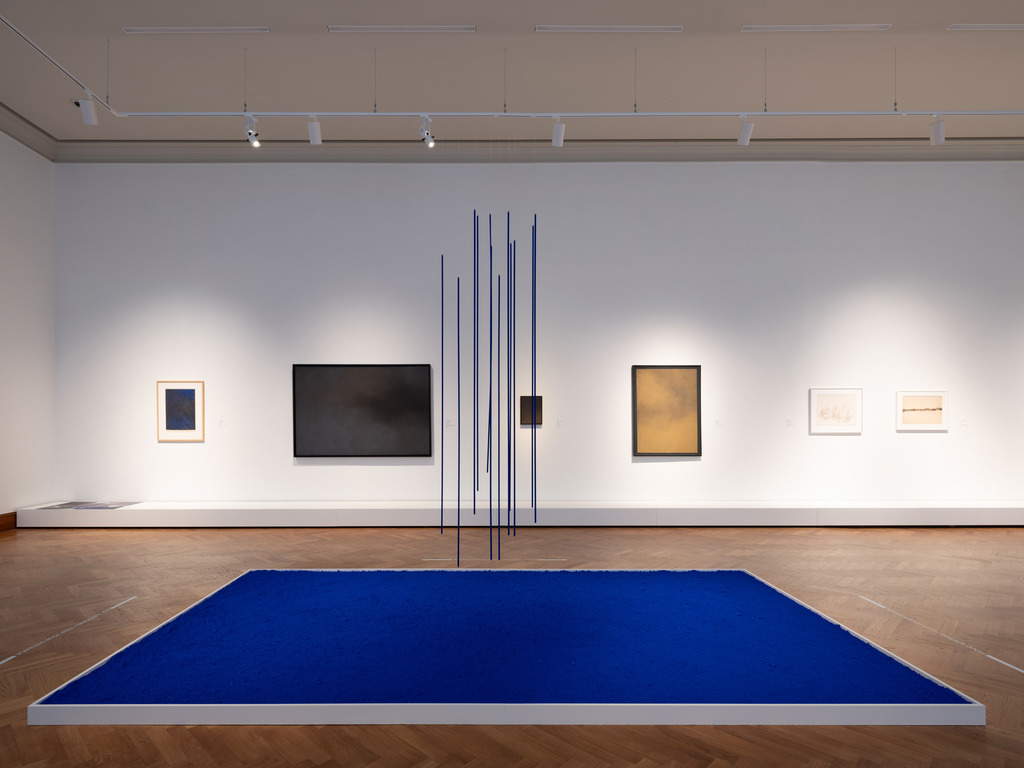
The Flanders government’s reform project envisions, as anticipated, that the museum mission of exhibiting contemporary art will be taken over by the S.M.A.K. The current location of the M HKA, however, will be transformed into an international art center for visual culture. This new center will adopt a model closer to the Kunsthalle-common in other European nations: the exhibition space with no permanent collection-hosting studios, residencies, talks, temporary exhibitions and other programmatic activities.
The reorganization is part of a larger framework of reorganizing Flemish museums into three main groups, each led by a “lighthouse.” KMSKA will lead the Fine Arts segment, while Mu.ZEE in Ostend will serve as a beacon for Modern Art and the Belgian Masters (1850-present). The new Flemish Museum of Contemporary Art in Ghent will become the beacon for contemporary and current arts, integrating the collections of M HKA and S.M.A.K. The three “beacons” will be tasked with jointly developing a comprehensive vision for the Flemish Community Collection.
The reform plan follows another impactful announcement by one week: the cancellation of the planned construction of a new headquarters for the M HKA. This project, in the works for nearly a decade, had a total estimated cost of 130 million euros (about $151 million). According to Flemish Culture Minister Caroline Gennez, 130 million euros represents a huge sum and a great responsibility, and the government must make sure that taxpayers’ money is well spent. The funds saved through the cancellation of the new building will be used in part to support the transition and future operation of the Flemish museums and to carry out feasible renovations in the current M HKA building.
Minister Gennez also justified the reorganization by stating that the M HKA had long been struggling to define its museum role, an issue that would also be confirmed by a recent evaluation.
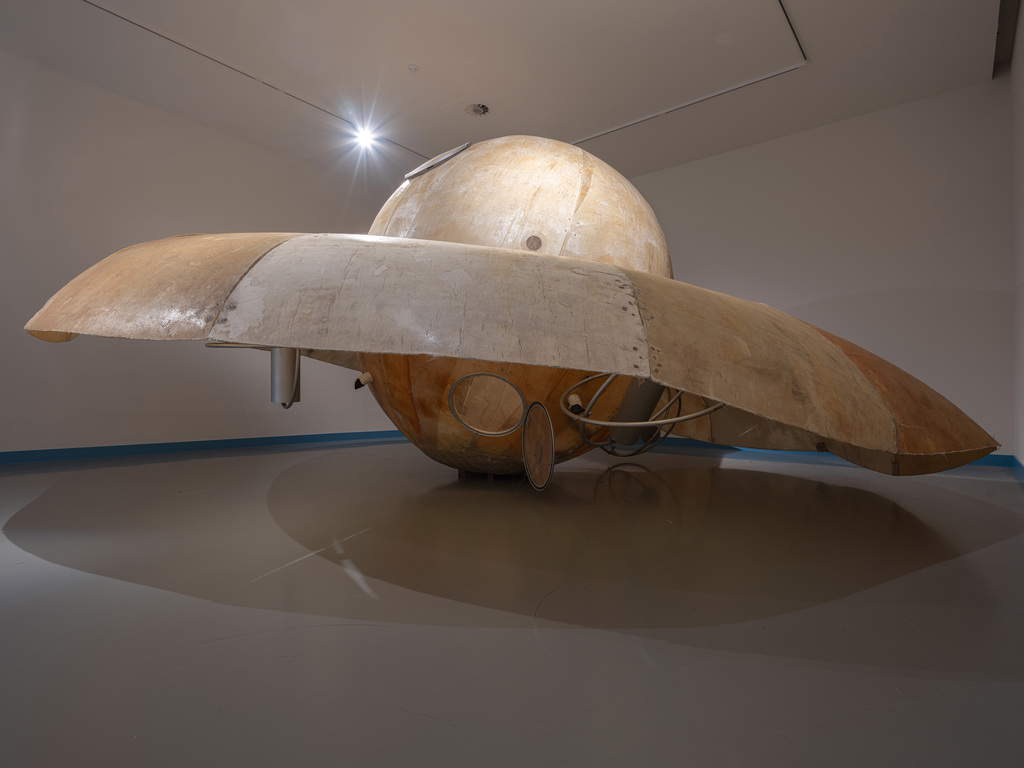
The reaction from the art world was immediate and vehement. The day after the new plan was announced, Herman De Bode, chairman of the M HKA board for eight years, resigned. De Bode called, after being reached by Art Dependence magazine, the Flemish government’s decision “too crazy to describe.” He expressed outrage at the institution’s total lack of participation, calling the act “criminal.” De Bode emphasized that the uniqueness of the M HKA is intrinsically linked to its history and to Antwerp: while you can move artworks, “you cannot export the avant-garde to Ghent.”
M HKA staff also expressed their anger and concern through an open letter addressed to Minister Gennez, calling the plan “senseless.” The employees said they first learned the news from the press and only later from official channels, feeling “completely surprised, but also shocked and even insulted.” They stressed the lack of transparency and the fact that the minister had not had a personal interview with them in Antwerp.
The letter highlights M HKA’s crucial role within the cultural landscape, not as a mere showcase or tourist attraction, but as a space for reflection, imagination and dialogue, where the critical and social potential of contemporary visual art is fully expressed. The team argued that the relocation of the collection ignores the experience already gained by the institution, the inescapable link between the collection, the context and the public, and the need for a stable and well-equipped infrastructure. In addition, such an operation does not take into account the museum’s acquisition strategy, which considers Antwerp a “gateway to the world.”
In support of the protest, an online petition, titled “Keep the M HKA collection in Antwerp!” quickly gathered more than 2,600 signatures. Belgian artist Luc Tuymans, one of the big names in world art, has also criticized the move, expressing anger and calling the decision a “loss of face for a city as important as Antwerp,” recalling how the entire neighborhood has developed around the museum.
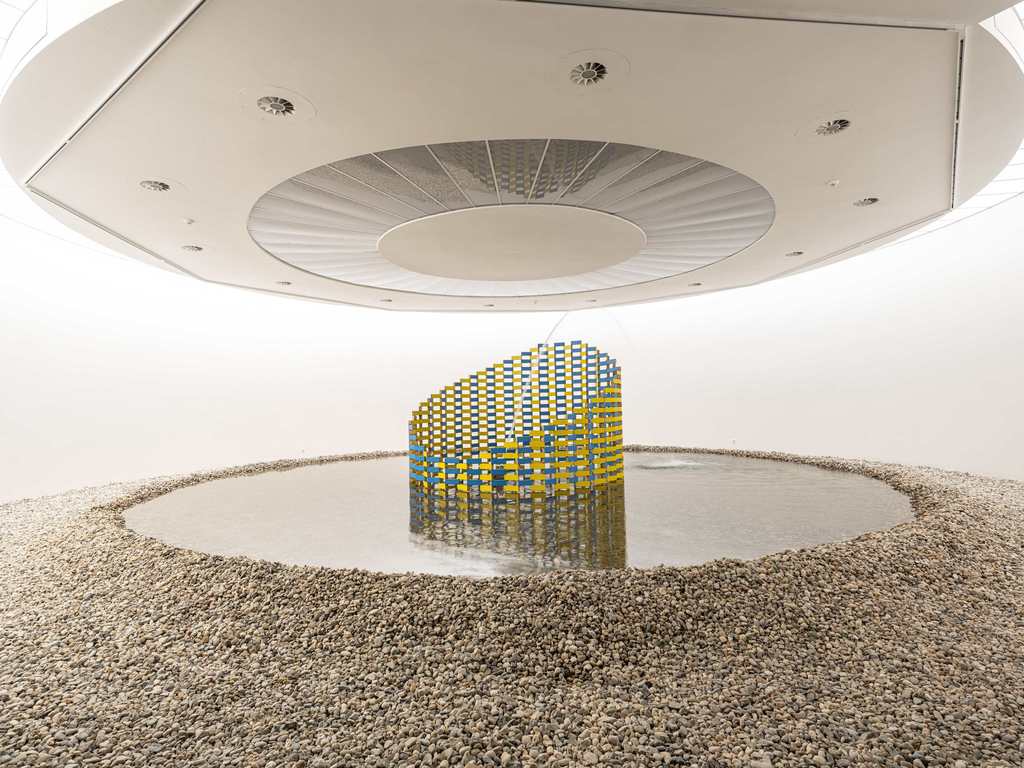
The official reaction was also not long in coming. “After the cancellation of the new building project last Friday, the M HKA team suffered a second serious setback today,” the M HKA stated in an official note. “The Flemish government has decided that the M HKA will lose its status as a museum and be transformed into an international art center by 2028. The museum function for contemporary art in Flanders will be transferred to SMAK in Ghent. We deeply regret this decision, which has repercussions not only for the institution’s activities, but also for the broader cultural ecosystem of Antwerp and Flanders. For years, the museum has developed a vision for the collection that was both locally rooted and internationally connected. Since its founding, the M HKA has played a pioneering role in contemporary art in Flanders and has been a vibrant place where art, artists and the public come together.”
The team then invited the public to attend en masse the opening of the new exhibition season, which was scheduled last Thursday, October 9, 2025.
In a message of challenge and hope, the team declared, “We are here, we will stay here, and we will stay open,” thanking visitors, artists, and partners for their continued support and promising to work together for a robust future for contemporary art in Antwerp. The Department of Culture, Youth and Media will coordinate the two-year transition leading to the start of new operations starting in 2028.
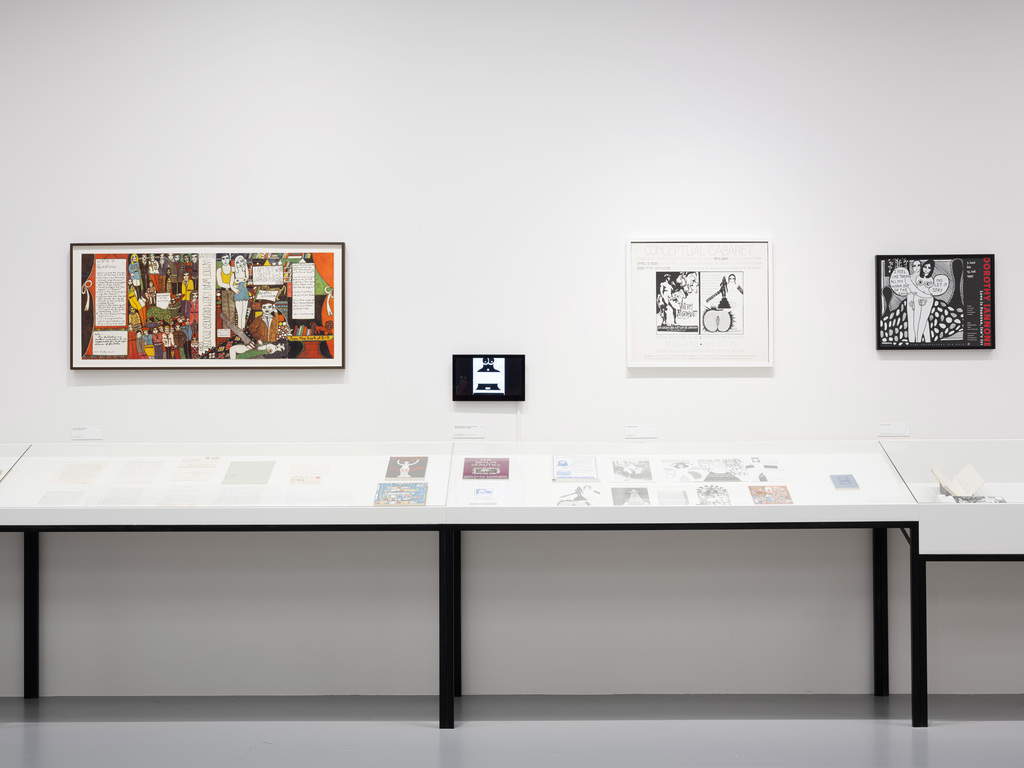
Concern about the dismantling of the M HKA has transcended national borders. CIMAM (International Committee for Museums and Collections of Modern Art), the international body for contemporary art museums, affiliated with ICOM, has expressed deep disquiet over the decision. CIMAM, whose Secretary General from 2016 to 2024 was moreover the current director of M HKA, Bart De Baere, issued a supportive statement, calling the government’s cultural policy “regressive.”
The organization complained that these decisions promote centralization and show a lack of understanding of the role of collections and their connection to specific contexts and institutions. According to CIMAM, the M HKA, on the strength of its international reputation gained over the past four decades and its roots in Antwerp’s post-war avant-garde-a key city for artists such as Gordon Matta-Clark and Joseph Beuys-will suffer a significant loss, weakening the region’s entire museum system.
The Museum Watch Committee pointed out that the collection transfer rests on a “false administrative logic” that views collections as mere accumulations of objects. In reality, collections are “coherent bodies” that enhance works of art through contextualization, narratives created and relationship to specific place.
“Without warning, the government recently decided to cancel the construction of this new museum and, in parallel, announced the reorganization of Flemish art museums,” reads a CIMAM memo. “Despite the austerity policy adopted by Belgium, this is clearly not a cost-saving operation, as infrastructure funds will now be allocated to other cultural institutions in Antwerp, including the performing arts center, the opera, a fine arts museum, a convention center and the Antwerp Zoo. With this new plan, contemporary art will be ’centralized’ at the SMAK in Ghent. This museum is the second largest public contemporary art museum in the country, having achieved notoriety under the direction of Jan Hoet. Currently, however, it is in poor condition and is in desperate need of a building in which to display its collection. SMAK is a city museum in a city with a huge budget deficit. From one day to the next, the Flemish government decided to take over this museum and start an architectural planning process. In doing so, it plans to dismantle its own museum, the M HKA, and move the collection-and years of museum experience-to Ghent, while the current M HKA building will become a Kunsthalle in cooperation with the Antwerp city government, despite a guarantee that staff will be retained. This government plan is based on a false administrative logic that sees the collections as a mere accumulation of objects. The Museum Watch committee would like to respectfully point out that what the Flemish government does not understand is that collections are coherent bodies that enhance the significance of artworks through institutional engagement in their contextualization, the narratives surrounding them, and their relationship to a specific place.”
CIMAM also heard from Director De Baere: “I am bewildered,” he said. “We live in a democracy, where we appoint people to make decisions for us. It is important to take this seriously. I am actively engaged in several countries where people are dying for this very reason. At the same time, I am beyond baffled by both the decision and its vacuity, so I am trying to figure out how to juggle this and democratic logic. Right now, my colleagues and the artists we serve are my main concern.”
The organization has therefore asked the Flemish Minister of Culture to reconsider her political responsibility to M HKA and to find a new vision that recognizes the value of the institution and its home, and prevents it from being emptied and turned into a shell that responds solely to the political dynamics of the moment.
 |
| Controversy in Flanders: government wants to close Belgium's longest-running contemporary art museum |
Warning: the translation into English of the original Italian article was created using automatic tools. We undertake to review all articles, but we do not guarantee the total absence of inaccuracies in the translation due to the program. You can find the original by clicking on the ITA button. If you find any mistake,please contact us.